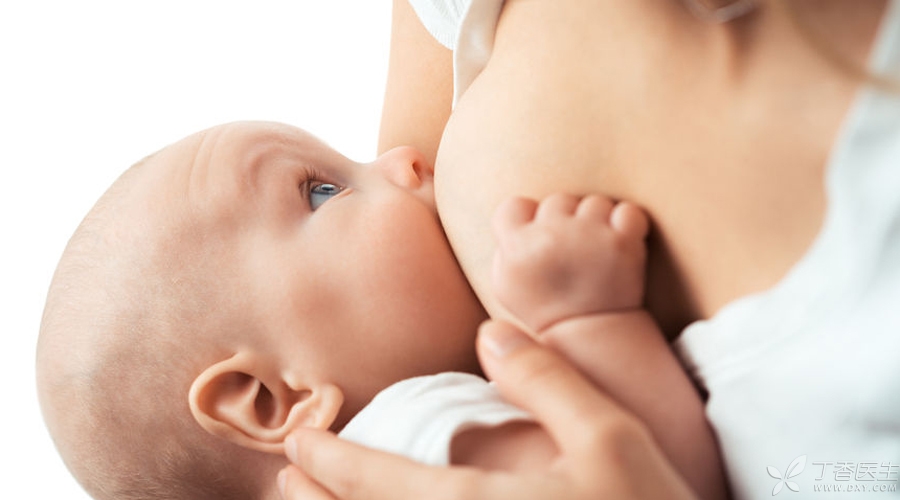
There was once an explosive article on breast milk, saying how [magic] breast milk is. Although breast milk is good, it is also a bit too much. Many mothers feel that breast milk is indispensable.
Dr. Clove has always said that breast milk is the best food for babies. After so many years of popular science, he can say at least nine times out of ten that breast milk is good for people without knowing it backwards.
Knowing that this article means breast milk is good, but after clicking on this article, I was still shocked.
Breast milk can prevent and cure diseases. It can help the baby quietly. All you need to do is to feed it. Is it really amazing?
…… At different times and seasons every day, the composition is very different: the hormone content of breast milk fed to babies of different genders is also very different…
These [popular science of breast milk] have never been seen by clove mother.
Let’s look at the commentary of the article. Mothers who insist on pro-feeding encourage themselves one after another, even [with full superiority]. However, the comments of mothers who have chosen weaning are especially heart-rending…

Other mothers said that it was only after they broke their breast milk that their children loved to get sick … (the subtext is that they did not get sick after breast milk was cut off)
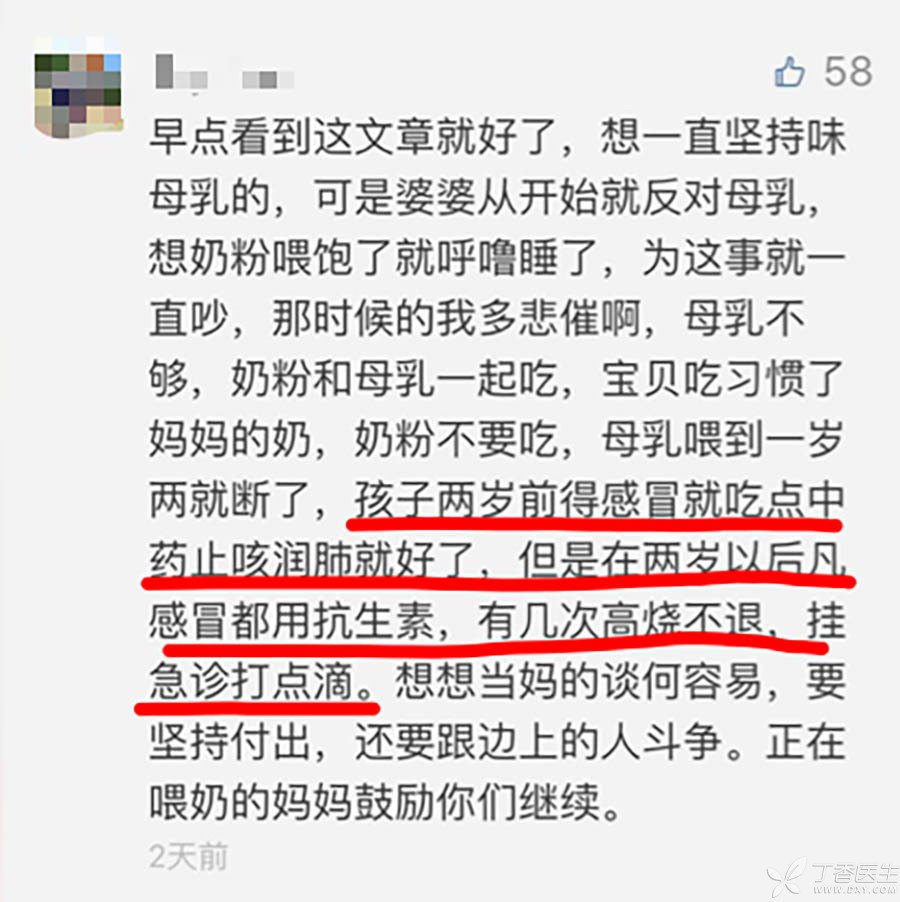
Adhering to the rigorous attitude of popular science, Dr. Clove contacted nutritionist Li Liangli to help us analyze whether the [magic effect of breast milk] mentioned in this article is true or not.
I stayed up late to verify all the foreign content sources provided by the public number and found that they were not very reliable. These four content sources were neither credible professional scientific platforms nor papers and studies by foreign institutions.
Source 1: Facebook Po
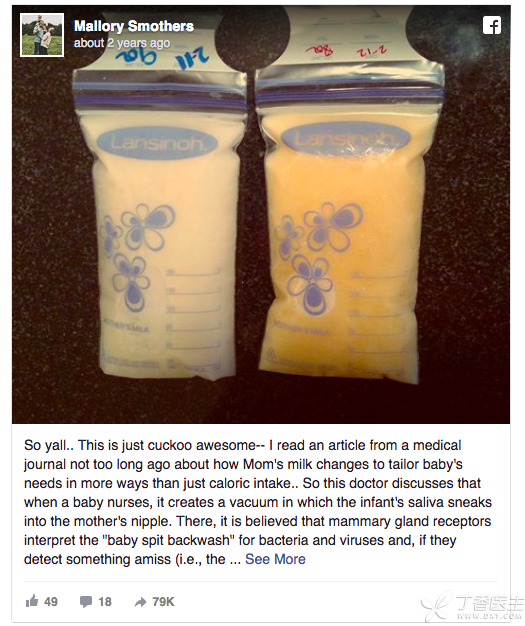
Source 2: A blog post by a musician
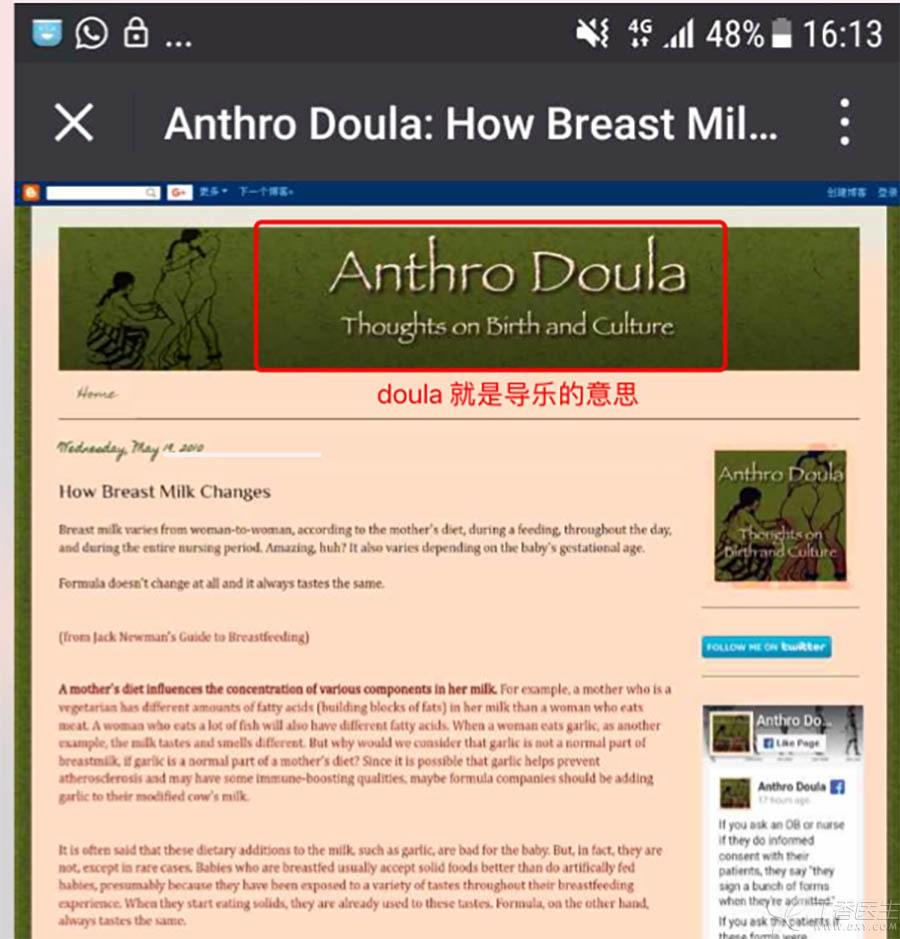
Source 3: Articles by a Food Writer
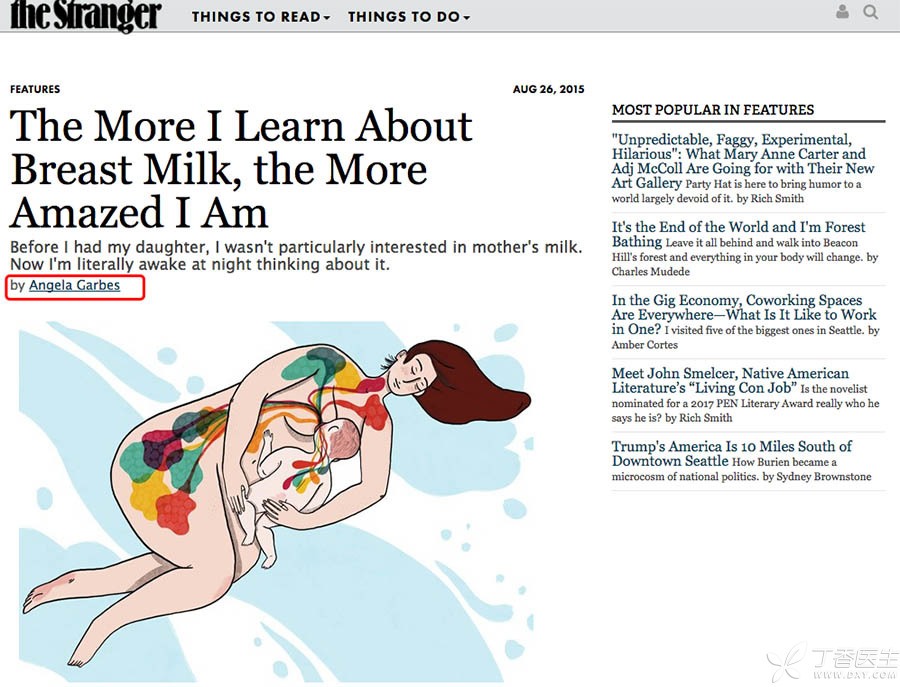
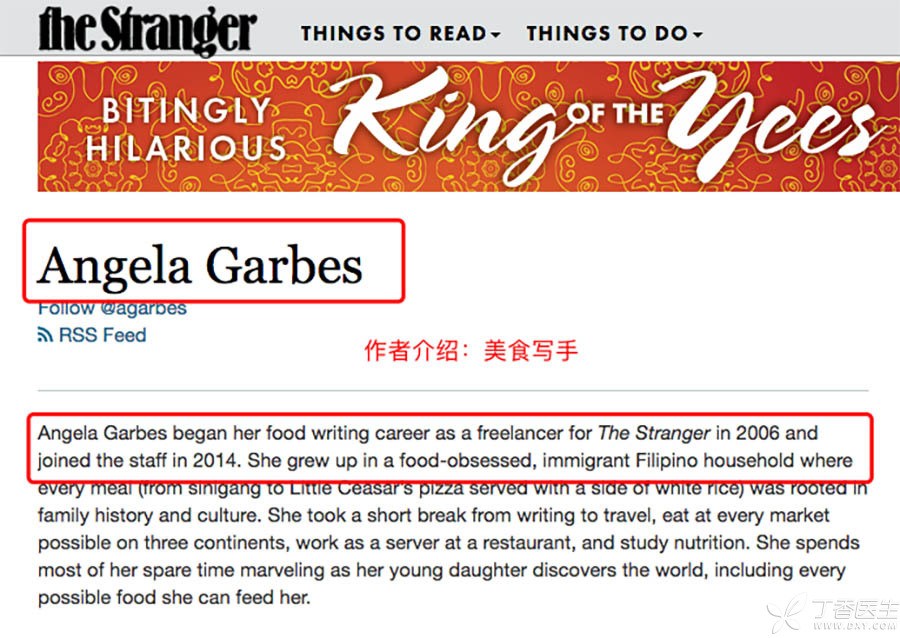
Source 4: A paper by the International Institute of Milk Groups
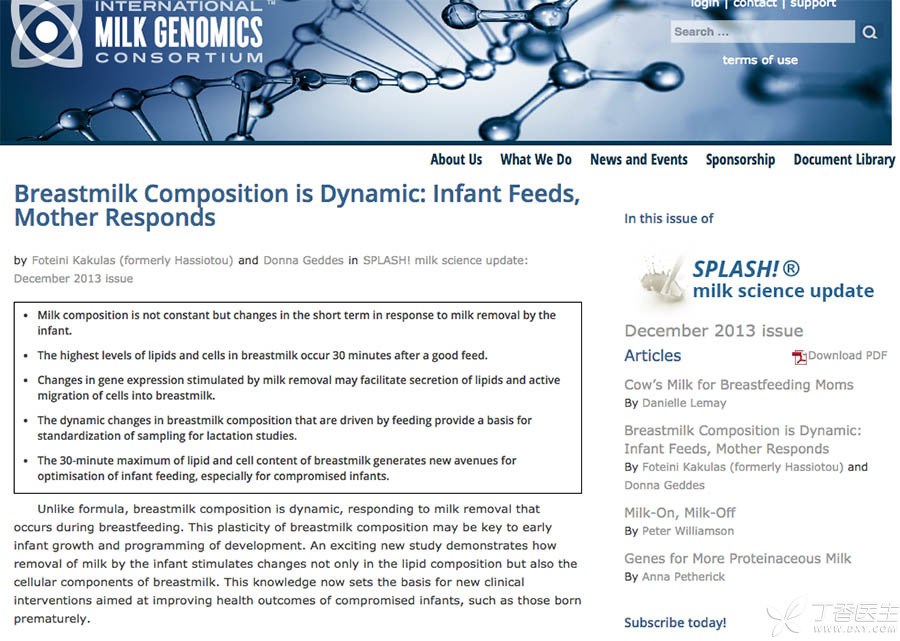
Only one of the above four sources is a [organization] paper, the content of which is similar to the current view of breast milk research. The other three are purely the expression and record of personal experience, which has little credibility or scientific basis.
Ten thousand steps back, not to explore whether the source is reliable, is the article [magic effect of breast milk] true? Let’s look at it one by one.
Point 1: Is breast milk the best medicine?
The Facebook Po article listed in the article said: “The mother’s breast milk can automatically change into colostrum mode to help the baby resist the disease.”
Not reliable.
Colostrum refers to the milk secreted within 5-7 days after delivery. After 5-10 days, the endocrine milk gradually changes into mature milk in the next 4 weeks. This process will not be reversed due to illness and other states.
The so-called “yellowed and more nutritious colostrum” by PO owners is more likely due to the fact that the concentrated color of milk becomes darker after the cold, fever and water intake are reduced. This is similar to the reason why dark yellow mucous milk is sometimes squeezed out after weaning.
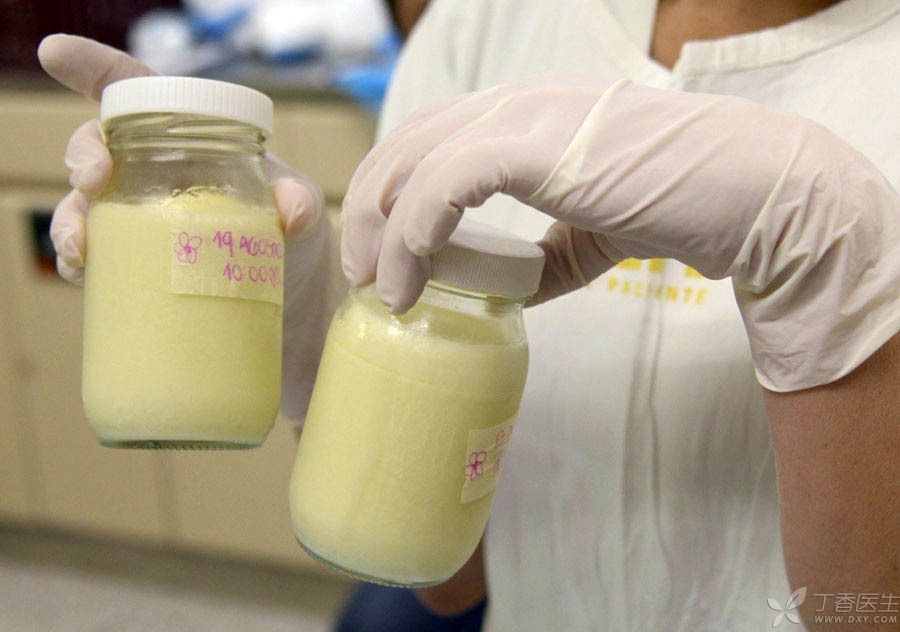
Indeed, breast milk is more suitable for newborns and infants than other breast milk substitutes:
The composition combination of breast milk can not only perfectly meet the needs of the baby’s growth and development, but also does not add additional burden to the baby’s body metabolism. The immune composition in breast milk can also enhance the baby’s anti-infection ability, and the risk of otitis media, gastrointestinal infection, eczema, food allergy, respiratory diseases obesity and other diseases in breast-fed babies is also lower.
The World Health Organization (WHO) showed in its 2013 report that if exclusive breastfeeding is maintained for more than 4 months, the risk of lower respiratory tract infection for infants under 1 year old can be reduced by 72%.
But [reducing risks] does not mean [curing diseases].
If there is such a miraculous effect, is it that breast-fed babies will not get sick? Or can life be cured without taking medicine and breast milk?
Similarly, babies fed with milk powder do not necessarily love to get sick.
Whether children love illness or not is closely related to congenital constitution, acquired environment and nursing.
Point 2: Will breast milk adjust itself according to the needs of the baby?
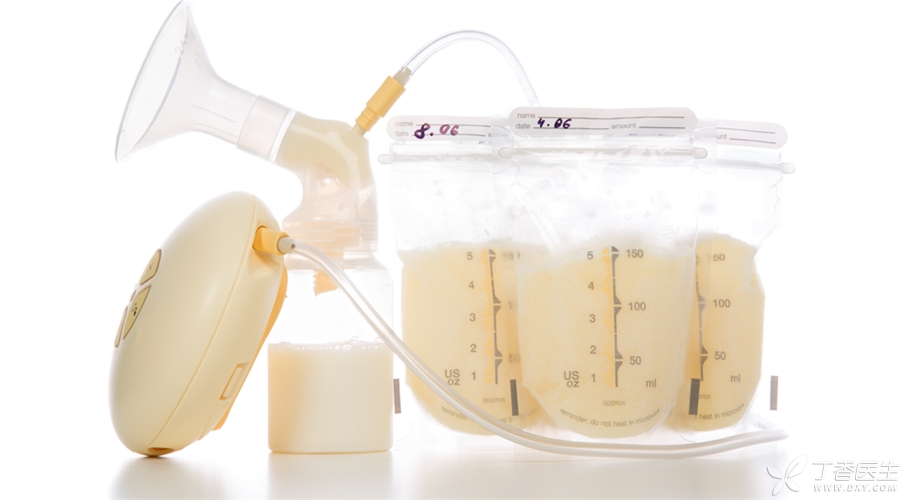
At first glance, it is true that breast milk has been changing dynamically and will be adjusted according to the baby’s nutritional needs in different periods. However, a closer look at the point of view of the article is a bit nonsense:
1. Breast milk will change according to different seasons, every day, or even different time periods of the day;
Breast milk can be like this, but blood and urine can also be like this…
2. Breast milk will [identify whether the baby is really hungry], thus providing different versions of [quenching thirst] or [appeasing hunger];
Breast milk is divided into front milk and back milk. The front milk has a lot of water and back milk has a lot of fat. The baby is thirsty to eat a few mouthfuls of front milk, and when he is hungry to eat more, he will eat back milk. This is related to the sucking time of the baby and has nothing to do with milk… If the baby is hungry, he will eat a few mouthfuls, and the food is also front milk, or hungry.
3. The breast milk produced by the same mother for male babies and the breast milk produced for female babies are also very different in composition and hormone content.
This is even more unreliable. If a mother gives birth to a bunch of twins and breast-feeds her male and female babies at the same time, is there more estrogen or androgen in the milk?
4. For mothers of premature babies, milk is more suitable for premature babies.
For premature infants, many are accompanied by low birth weight, in fact, in many cases, breast milk cannot fully meet their nutritional needs. Premature infants should follow the doctor’s advice to cooperate with breast milk fortifier or directly use special formula for premature infants during catch-up growth and development.
Point 3 Breast milk is [live]
Breast milk does contain many immunologically active substances and growth factors, and formula milk, although strictly designed and processed, cannot simulate the immunologically active ingredients in breast milk.
However, any body fluid in the human body contains cells and is alive, not just breast milk, but saliva and secretions.
Point 4 Breast milk is the best probiotic supplement.

For healthy babies, breast milk is indeed the best source of probiotics and prebiotics.
Under normal circumstances, babies who give birth smoothly will obtain probiotics from their mothers’ birth canal during delivery. In addition, breast milk also contains active lactobacillus and bifidobacterium, and bifidobacterium is the main intestinal customized bacteria in the first month after breast-fed newborns are born.
Short-chain galactooligosaccharides (scGOS) and long-chain fructooligosaccharides (lc FOS) contained in human milk can also promote the proliferation of Bifidobacterium.
Therefore, for children who give birth smoothly and breastfeed, there is really no need to supplement probiotics in a healthy state.
However, for special disease situations, the correct use of probiotics can shorten the course of disease and help recovery. Not all oral probiotics are what the author calls “a drop in the bucket”.
International evidence for probiotics to treat acute gastroenteritis, prevent antibiotic-related diarrhea and hospital diarrhea, and prevent necrotizing colitis is relatively sufficient.
< < Guidelines for Clinical Practice of Acute Infectious Diarrhea in Children in China > > Probiotics are recommended for early treatment of acute viral diarrhea, while probiotics are not recommended for invasive bacterial infectious diarrhea alone. For acute watery diarrhea, Saccharomyces brachyloides and Lactobacillus rhamnosus are strongly recommended.
For antibiotic-related diarrhea, Saccharomyces brachii is recommended.
Breast milk is indeed the best food for healthy babies. We have always recommended exclusive breastfeeding within 6 months, and mothers are also advised to breast milk as much as possible until the age of 2.
Breast milk is very good, but it is not omnipotent. When children are ill, they should see a doctor and use drugs. Excessive exaggeration of the efficacy and function of breast milk, quoting out of context blindly myth breast milk, this kind of public opinion direction is irresponsible.
Mothers who have gone through the difficult road of breast-feeding are great, but not only mothers who breast-feed are good mothers.
